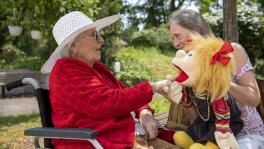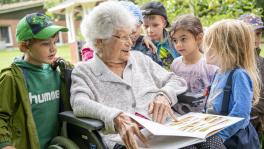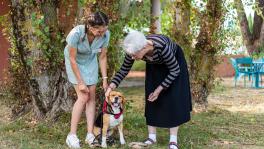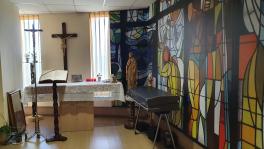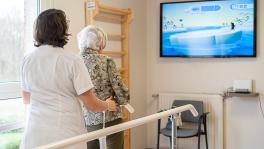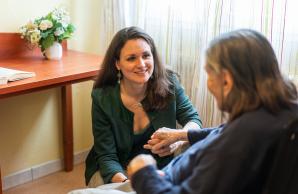Alzheimer’s disease, let’s talk about it!
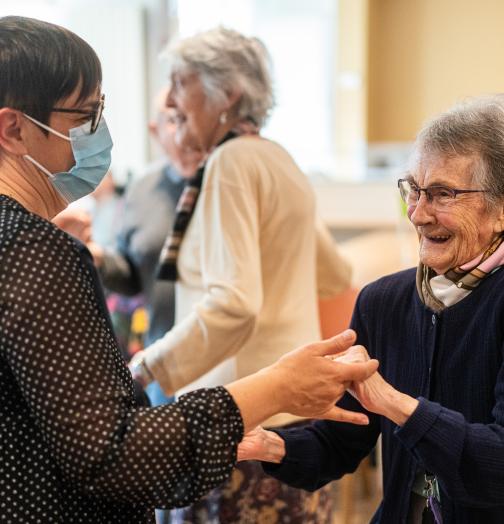
Across Europe, Clariane has made it a priority to support people with Alzheimer’s disease, their families and their teams. The Group, which has set itself the mission of taking care of each person’s humanity in times of vulnerability, has developed special facilities for Alzheimer’s patients in its care homes (Korian, Seniors Residencias, etc.).
Alzheimer’s disease is a neurodegenerative disease characterised by a progressive loss of memory and certain cognitive functions, impacting a person’s activities of daily living. Nearly 10 million people in Europe suffer from Alzheimer’s or related diseases, and the number of sufferers is expected to double by 2050 (source: Alzheimer Europe). That’s why Clariane has made this disease a priority in its medical and health innovation strategy with its programme “Alzheimer’s disease, let’s talk about it!”.
Key figures
Our videos on Alzheimer’s disease
To help families better understand Alzheimer’s disease and support their loved ones, both at home and in care homes, the Group’s Medical Strategy and Healthcare Innovation Department has produced a series of videos in collaboration with Professor Bruno Dubois, Dr Didier Armaingaud, Dr Elisabeth Kruczek and experts from all the countries in which Clariane operates.
These videos, each 5 to 8 minutes long, explain the disease, its symptoms, diagnosis, existing treatments, how to support your loved one at home, help for you or your loved one, and when you should consider moving into a care home.
Also read
-

Long-Term Care
Accompanying the elderly and seniors who have permanently lost their independence, in 666 facilities in Europe.
-

Health innovation
Clariane innovates in three priority areas in the health sector, in line with changes in society and the expectations of patients and healthcare staff.


